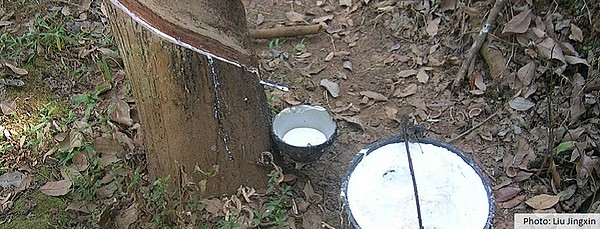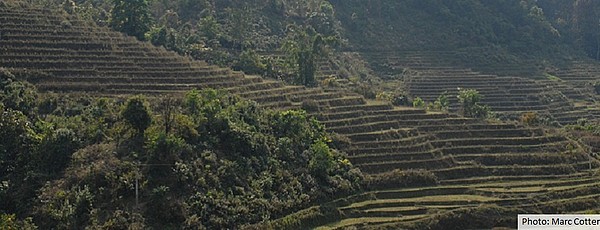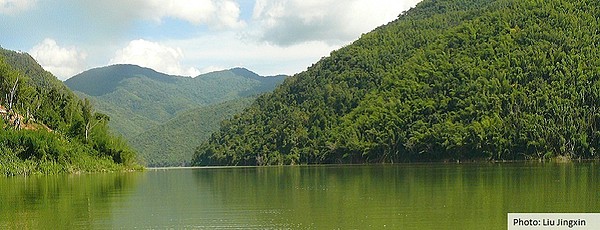SURUMER – Sustainable Rubber Cultivation in the Mekong Region: Development of an integrative land-use concept in Yunnan Province, China
Within the last decade, world production of natural rubber has increased by one-third. Currently China uses more than 1/3 of the world rubber production, to be produced in the southern tropical regions of China (especially Yunnan) and its neighboring countries of the Mekong region such as Viet Nam, Laos and Cambodia. The expansion of rubber plantations in this region is predominantly realized by sacrificing natural forest belonging to the “Indo-Burma hotspot”, one of the world’s richest biodiversity regions. This rapid process triggers shifts in a variety of direct and indirect effects on ecosystem functions and services as well as socio-economic implications on various spatial and temporal scales. The complex and interrelated factors thereof require qualitative and quantitative analyses of ecosystem functions and services for the development of new and sustainable land use concepts.
The overall objective of the joint project SURUMER is to develop an integrative, applicable, and stakeholder-validated concept for sustainable rubber cultivation in Yunnan. The outcomes of the project will not only refer to the regional situation of the study region. Rather, they provide a wider application for potential rubber cultivation areas across the Mekong region. The concept is based on multi-, inter- and transdisciplinary approaches to identify trade-offs and synergies between ecosystem functions and services on the one hand and socio-economic goals and constraints on the other.





